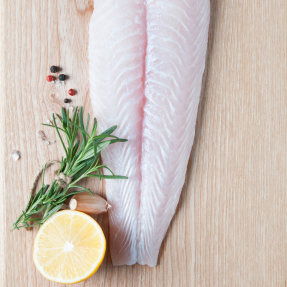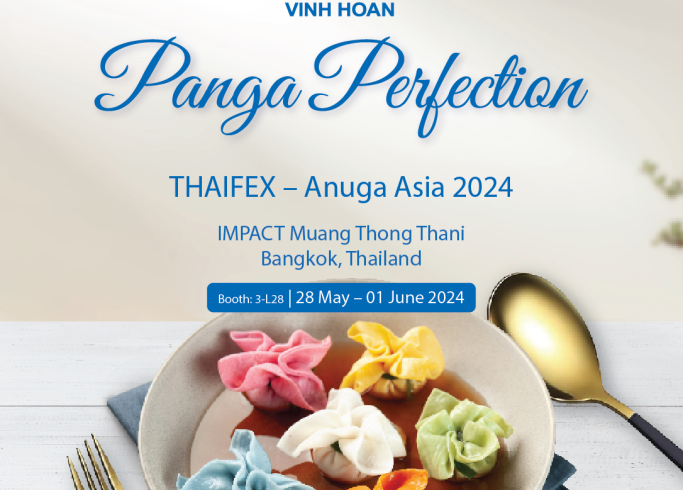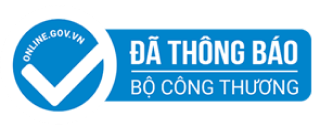[Industry news] Vietnam Pangasius Industry Expects A Fair Equivalence Determination
21 August 2017
[Translated from VASEP’s online newspaper, find the original article here, we are not in anyway responsible for the original content]
After receiving the official letter of the Food Safety and Inspection Service (“FSIS”) informing ahead schedule inspection of Siluriformes fish (starting August 02, 2017 instead of September 01, 2017), the National Agro-Forestry-Fisheries Quality Assurance Department (“NAFIQAD”) has provided guidance to establishments eligible for exports to the U.S. (as listed in https://www.fsis.usda.gov/wps/wcm/connect/eb3720e3-221c-4928-a018-028df5cc28b5/Vietnam_establishments.pdf?MOD=AJPERES) on the inspection requirements regarding labeling, detailed inspection contents, testing parameters for chemicals residues and speciation, etc,.. Following this guidance, on August 15, 2017 Vietnam Ministry of Agriculture and Rural Development issued Decision 3379/QD-BNN-QLCL providing the Siluriformes Controlling Program for exports to the U.S. effective as of September 1, 2017.
NAFIQAD is also preparing a complete equivalence package to be submitted to FSIS on August 20, 2017. After that, FSIS will initiate the review process of the submitted documentation, and if the submission provides an initial basis for believing the country to be equivalent, FSIS will do an in-country audit.
According to Mr. Truong Dinh Hoe – General Secretary of Vietnam Association of Seafood Exporters and Producers (“VASEP)- while the equivalence process is not yet finished, it is prudent not to assume any possibility of Vietnam not passing through the equivalence determination or the consequential suspension of the on-going exports to the U.S. at any specific time. He added that during the 18-month transitional period, both sides have worked out cooperative approaches to common issues in question and FSIS has also given close guidance on how to comply with their requirements. Although Hoe believes that Vietnam pangasius industry has been well developed with substantial and stringent food safety control system to be determined equivalent, he expressed a concern that an import discrimination policy from the U.S. government may cause unfavorable and unfair decision against Vietnam. VASEP hopes that there will be solutions at the government level not to disrupt free trade between the two countries.
Vietnam pangasius exports to the U.S saw decline in Q1/2017 due to raw materials shortage, but the situation was better in Q2 with year-on-year rise of 8.4% thanks to increasing demand and recovery in raw materials supply. After Aug 02, 2017 (i.e. the effective date of FSIS’s full inspection of all shipments of the order Siluriformes fish exported to the U.S.), exports to this market still continue as normal.





![Demystifying Pangasius: Debunking Common Myths and Misconceptions 3 41 [All in Fillets] 2901 1 HIGH](https://www.vinhhoan.com/wp-content/uploads/2024/06/41_All-in-Fillets-2901-1-HIGH-683x490.jpg)




